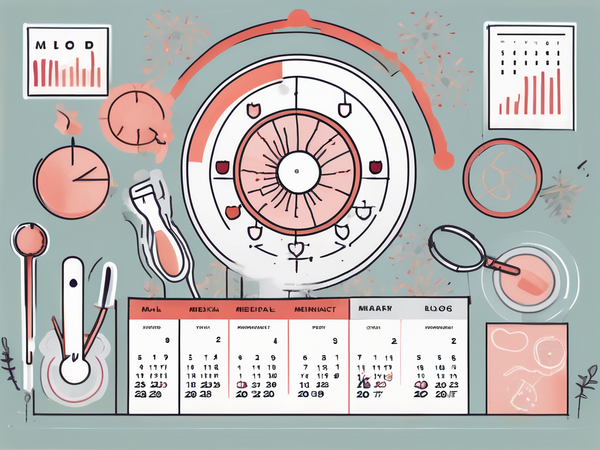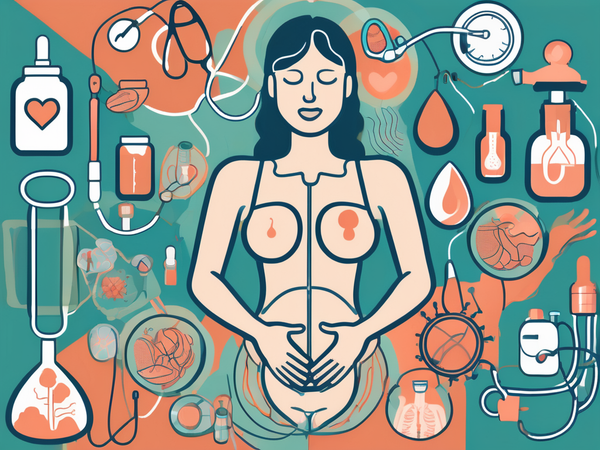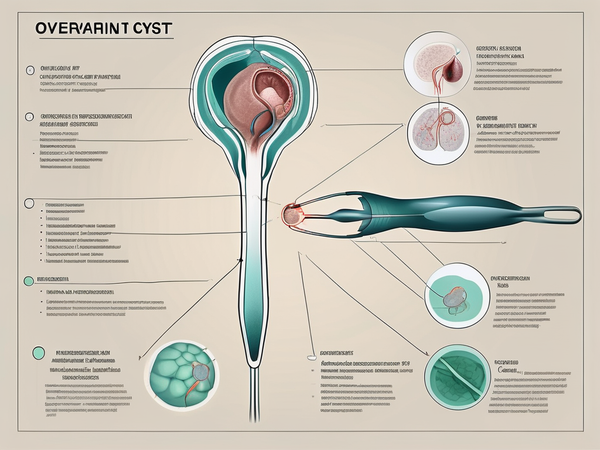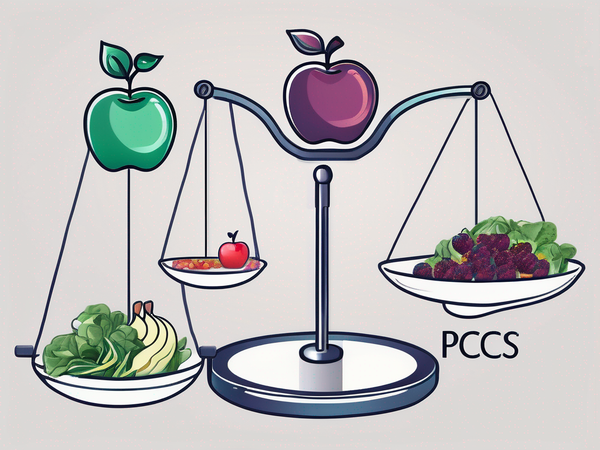If you’re planning to start a family, we’re assuming you’re already researching the crucial vitamin supplements you need for better prenatal health. However, due to the vast amount of information available, analysing prenatal health can become overwhelming. During this time, giving due importance to taking a holistic approach to fertility and implementing small changes in your lifestyle can increase your chances of conceiving naturally. In this article, we will explore those small changes and the fundamentals of prenatal vitamins for your reproductive health.
Prenatal nutrition has a lot to do with the consistent habit of eating a healthy, balanced diet to support the growth and development of the fetus. Your diet along with the right supplements will ensure you’re getting all the necessary prenatal vitamins you need. One of these main vitamins happen to be folic acid. Scroll down to know more.
What is Folic Acid?
One of the B vitamins, folate, is crucial to your overall health throughout your life. Its synthetic form is known as folic acid. This vitamin promotes cell metabolism and the growth of new cells in the body.
When it comes to pregnant women or women who are trying to conceive, folic acid is one of the important B vitamins, as it plays a huge role in the foundation of the baby’s nervous system. As the neural tube forms within the first 28 days of pregnancy, folic acid becomes a crucial nutrient that dictates the rest of fetal development.
What other important roles does folic acid play during pregnancy?
Folic acid is essential for the construction of the neural tube, which develops into the baby's brain and spinal cord. Adequate folic acid intake during conception and early pregnancy can help avoid neural tube defects such as spina bifida, anencephaly, and encephalocele.
Spina bifida: A major birth abnormality that can cause partial or total paralysis of the legs.
Anencephaly: This is a condition in which the skull, scalp, and brain do not form properly.
Encephalocele: When brain tissue protrudes out to the skin through an opening in the skull
According to research, consuming 0.4 mg of folic acid per day is an appropriate amount for healthy women during the first two trimesters of their pregnancy. A proper intake of prenatal multivitamins advised by a physician or a gynecologist can reduce the chance of neural tube abnormalities by up to 70%. It is also advantageous to begin taking folic acid supplements at least one month before becoming pregnant for better reproductive health.
Enough folic acid in the woman’s body can also reduce several complications that can come with pregnancy, like preterm labor, underdevelopment of the placenta, and heart disease.
What are some natural sources of folic acid?
Some good sources of folic acid include:
- Beans and peas
- Sunflower seeds
- Fresh, seasonal fruits
- Whole grains
- Dark green vegetables like spinach, broccoli, romaine lettuce, and asparagus
- Seafood
- Eggs
Some fortified foods like bread or breakfast cereals also contain folic acid. Apart from these, it’s also beneficial to look up the best prenatal vitamins that contain all essential nutrients. Prenatal vitamins in the market are made keeping in mind the micronutrients needed for the health of the female as well as the fetus during the time of pregnancy.
How much folic acid does a woman need?
The majority of women are advised to take 0.4 mg daily. This can be obtained through foods or prenatal multivitamin tablets. It is suggested that you take a higher dose of 5 mg of folic acid if you are at a higher risk of experiencing a pregnancy with neural tube defects.
You may be at greater risk if you:
- You are diabetic.
- You or your partner were born with a neural tube defect.
- You or your partner have a family history of neural tube defects. You have had a previous pregnancy affected by a neural tube defect.
- You have epilepsy or if you are a heavy drinker.
What kind of foods should women avoid during pregnancy?
Women must make sure to steer clear of raw or undercooked meats and fish with high levels of mercury. This includes salami, sushi, clams, or sashimi. Other things like products made from unpasteurized milk, unwashed fruits and vegetables, and excess caffeine should be avoided.
Wrapping Up
For most women, getting folic acid from food sources or fortified foods may not be enough. Especially with the high chances of morning sickness and aversions to certain foods that are common during pregnancy, it can become a daunting task and have an impact on your mental health. Therefore, to reach the daily recommended intake, your doctor may advice you take a prenatal multivitamin supplement. It is also good for women trying to conceive to speak with their doctor and try implementing a folic acid or prenatal vitamin supplement into their diet to help with conception.
And most importantly, don’t let the word "supplement" scare you. They are specially designed for pregnant women and contain the necessary vitamins and minerals to help you and your developing baby stay healthy.
References:
https://www.ncbi.nlm.nih.gov/pmc/articles/PMC4738404/




























